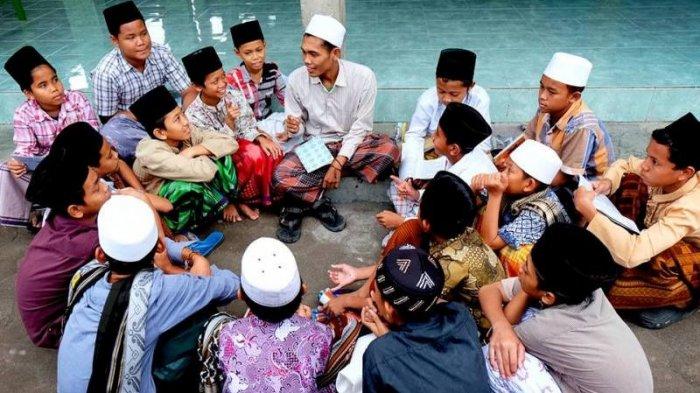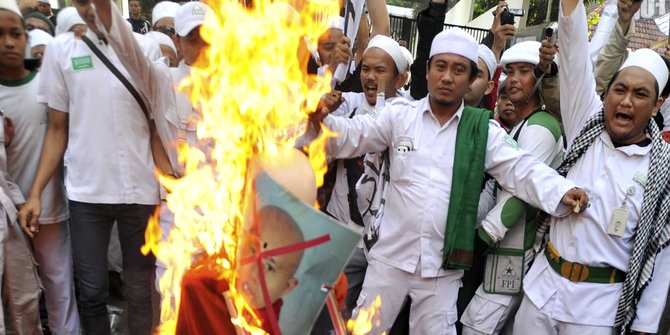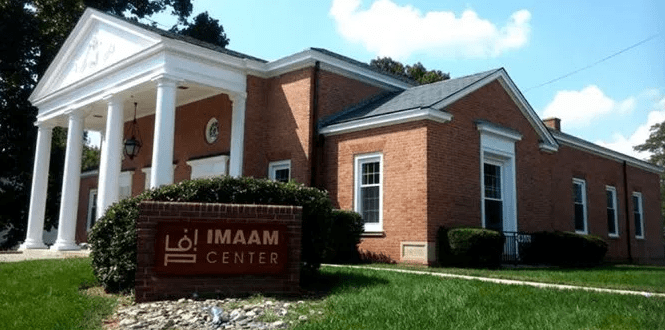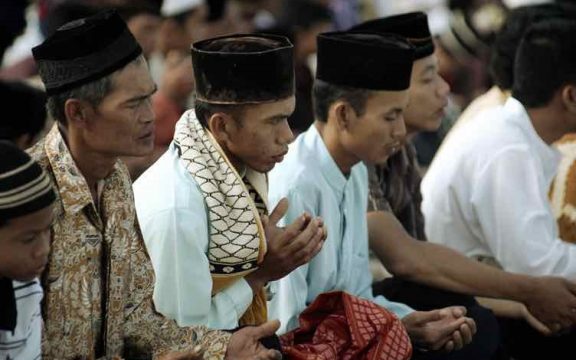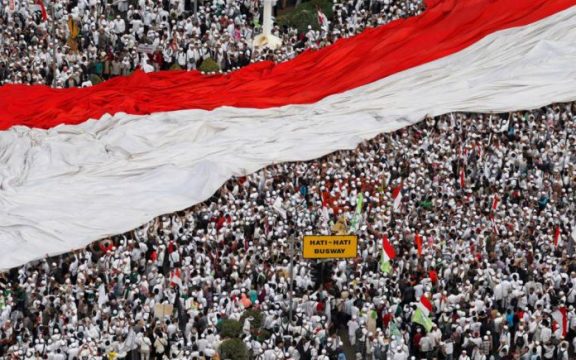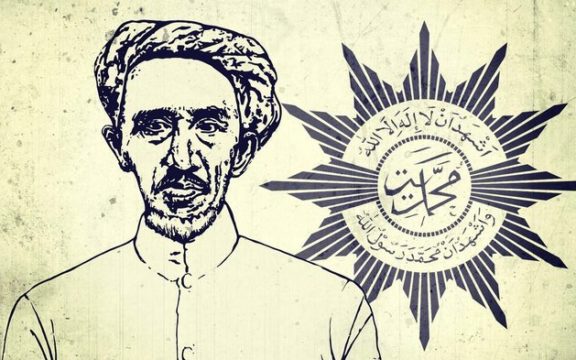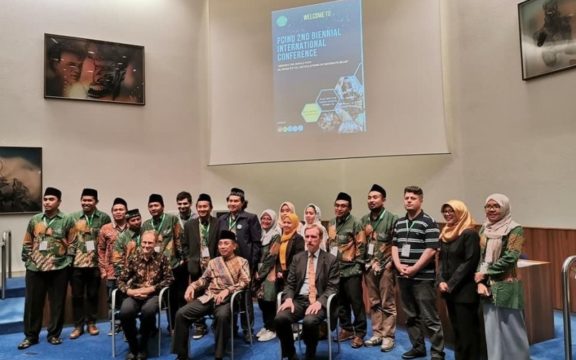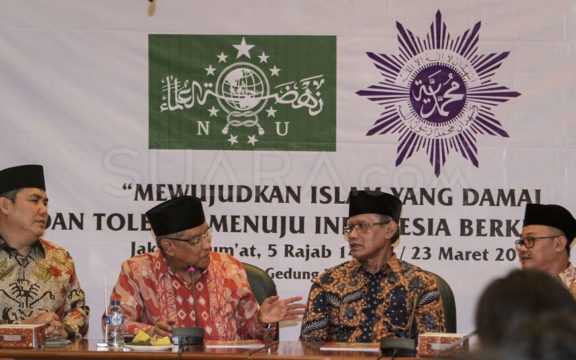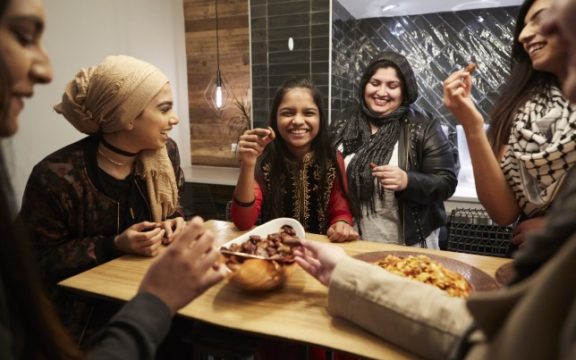“Which one is easier, being tolerant or intolerant?” If such question arises, this must be admitted that being intolerant is easier than being tolerant. Intolerance acts such as violence, intimidation, slander, hate-speech, attacking other groups, and terrorism have become a behavior of some groups or mass organizations.
Sociologically, intolerant acts by some groups is not merely a result or encouragement of religious understanding. It has complementary sociological roots. According to Zuhairi Misrawi (2010) at least two factors behind such attitudes; first, the factor of modernity which gave birth to pseudo-liberalization. It is the liberalization which caused more miserable for the people. There is a hidden agenda in the vision and mission of liberalization that is contradictory to the religious doctrine of liberation and partiality towards the poor.
Second, in the digital era, indoctrination of religious extremism is ironically becoming a favorite consumption of lay people craving for religious understanding. Social media is able to channel the spread of religious extremism. For Indonesian case, a research conducted by Indonesian Islami.co in 2018, concluded that only three out of twenty most-visited Islamic websites have remained campaigning for Islamic moderation. The rest has been providing intolerance and sparking hateful sentiments.
Correspondingly, Nadirsyah Hosen (2008) said that currently ‘Google’ has been becoming a ‘virtual religious scholar’. Google presents everything related to religious institutions. Looking at the aforementioned research by Islami.co, it is clear that the cyber world has been dominated by intolerant groups, especially those aspiring idea of Islamic State. Interestingly, the target of the indoctrination of radicalism is the entire Muslim class, especially the middle class whose level of religious knowledge is fairly minimal. Up to this point, intolerant behavior, extremism, and attempt to break Indonesian’s sovereignty are increasingly massive.
Tolerance education is not only sourced from religion. It could come from many layers of culture in Indonesia. Pesantren has successfully placed a high exposure of cultural treasures. This factor mainly comes from the cultural instruments found within the pesantren environment, which Abdurrahman Wahid referred to as the subculture area. In addition, the factor that is difficult to ignore from the texture of diversity in pesantren is the dominance of a flexible region because the locality element culminates through the intensity of the student’s effort when exchanging discourse or even joking.
This effort contains the benefit of flexing the competitive tensions that often occur in the culture of students, in both learning and achievement competitions. They agree that what has been taught at the pesantren does not only deal with the mere normative issues, but also the changing condition. This enriches their spirituality so that it brings together resonance that is commensurate with one network frequency, namely brotherhood.
I call this phenomenon as the naturalization of language. The language sensitivity of pesantren figures negates the lingua franca tradition which needs to be reinterpreted. Santri (Islamic students) who study the classical Islamic textbooks and interpret them using pegon (Javanese-spoken in Arabic) writing are the initial benchmarks of the naturalization of language in pesantren. The explanation of these texts content in various regions by using its own local language is an important symbol of tolerance to sustain the diversity and tolerant character of the pesantren community, and this also serves as a second level benchmark, namely dialogue.
The tolerance which is paraded through that series of dialogical rites has become a kind of language seminary for pesantren world. Locality materials such as folklore, regional terms and names of people, are softened and then formulated to produce warmth that is useful to complement the beauty of social life in pesantren.
The conversation in pesantren world is presented in a friendly, inexpensive, and laughing manner that make it luxurious even though it is only accompanied by a cup of coffee and a pile of tobacco leaves. In addition, the process of combining regional vocabularies make the santri accustomed to new terms which are basically difficult to re-speak but are lost in matters of practice.
Translated from the article in Indonesian version: https://islami.co/belajar-toleransi-dari-pesantren/ by Afrizal Qosim on Islami.co, published July 30, 2019.
![Islami[dot]co](https://en.islami.co/wp-content/themes/jambualas/images/logo.png)
